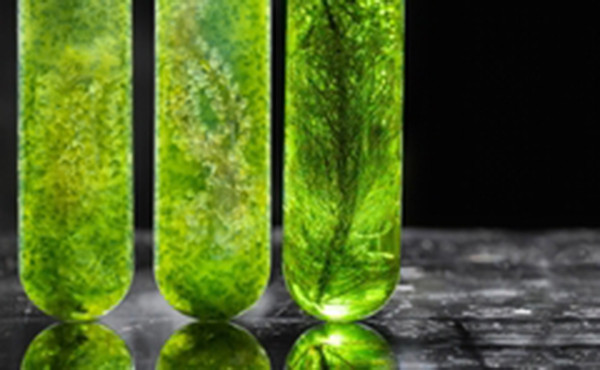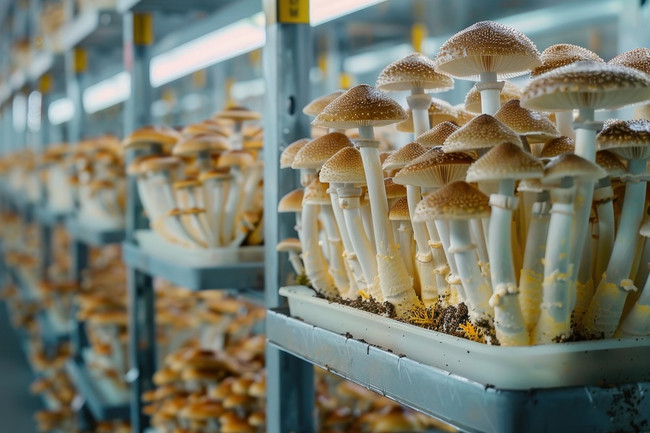✕



✕

Tag:EU protein 2024-10-17 11:38

EU-funded project InnoProtein has launched the ProteinPioneers initiative to support Europe’s protein self-sufficiency and ensure food security at a time when the region is reportedly facing a significant “protein gap.” The country imports 70% of its protein-rich crops and 85% of its soybeans for both animal and human consumption.
As the global population continues to grow toward the predicted 10 billion mark by 2050, the demand for sustainable protein sources is more critical than ever.
InnoProtein focuses on advancing sustainable protein production by developing innovative food and feed products using Single-Cell Proteins (SCPs) such as microalgae and insects and creating non-food biobased products from residual biomass. These efforts aim to enhance waste recycling and reduce environmental impact.
“The diversification of protein sources is an urgent need. For alternative proteins to become a reality, more research is needed and to raise consumer awareness about their consumption,” says Dr. María Carmen Villarán, coordinator of InnoProtein and director of Tecnalia, a Spain-based center of technological applied (R&D).
“The InnoProtein project, led by Tecnalia and involving partners covering the entire value chain, from protein producers to consumers of the same for different applications, aims to contribute to overcoming this challenge.”
Bridging the protein gap

The ProteinPioneers initiative aims to share research findings and innovations, promote public awareness and understanding of the projects’ impacts and engage with stakeholders and the broader community to drive collaborations.
In addition to InnoProtein, it consists of similar projects that adopt different protein sources and methods, such as Cheers, Circalgae, Bioschamp and Like-a-Pro, which are working to “bridge the protein gap.”
Cheers revives brewing industry by-streams by converting them into five high-value bio-products, including insect-based protein drinks and SCPs for pet food. The project reduces resource use, environmental impact and addresses broader concerns related to biodiversity and agricultural land use within the beer production chain.
Circalgae converts waste from algal biomass into high-value products using a “cascade biorefinery approach.” This reduces waste, while also boosting the economic viability of algal industries.
Meanwhile, the Bioschamp project focuses on tackling mushroom cultivation challenges. It aims to develop a sustainable low-peat casing for the mushroom industry, reducing pesticide use and improving the European mushroom sector's productivity, sustainability and profitability.
The Like-a-Pro project aims to mainstream alternative proteins, making them more accessible and acceptable for all population groups to promote sustainable diets. It works on developing 16 EU-based products from seven protein sources with improved taste and texture.
House of Lords report urges complete ban on junk food advertising
Clinical research finds daily pistachio consumption may “significantly improve eye health”
Nestlé taps diverse food trends with ready-to-prepare Asian and Mexican culinary products
USDA backs Campbell’s sustainable tomato cultivation efforts to propel “climate-smart agriculture”
Symrise bolsters regenerative farming to secure stable supply for natural ingredients
Daymer Ingredients to distribute Revyve’s egg-replacing texturizers in the UK
About Us Terms of Service Privacy Policy Contact Us
Hotline(+86)17301604571
 Enterprise WeChat
Enterprise WeChat
for Client Service
 EZBuy
EZBuy
WeChat APP
Sinoexpo Digital Platform
Shanghai Sinoexpo Informa Markets International Exhibition Co., Ltd. All rights reserved
沪ICP备05034851号-77
 沪公网安备31010402000543号
沪公网安备31010402000543号